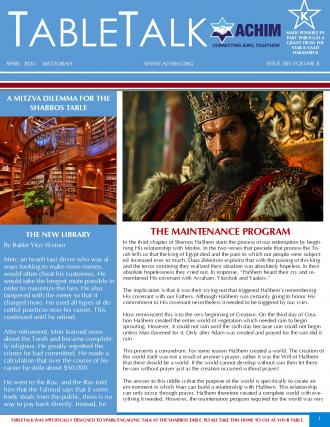For the first time a new study led by Dr. Haitham Amal and his team from the School of Pharmacy in the Faculty of Medicine at the Hebrew University of Jerusalem, discovered a direct connection between levels of nitric oxide (NO) in the brain and autism. The study was published today in the prestigious Advanced Science journal.
Millions of people in the world are diagnosed with autism spectrum disorder every year. In Israel, more than 30,000 children up to the age of 18 have been diagnosed with autism. In the United States, autism is the most common developmental disorder, with one in 44 people under the age of 21 on the spectrum.
The study demonstrated that autism indicators increase as NO increases in the brain, uncovering a new mechanism found in autism. Conversely, in cases where levels of NO in the brains of murine models of autism were lowered in a proactive and controlled manner, autism indicators and behavior decreased accordingly. The Amal Lab members who led this study were Dr. Manish Tripathi, Mr. Shashank Ojha, Ms. Maryam Kartawy, and Ms. Wajeha Hamoudi.
"Our research showed – in an extraordinary way – that inhibiting the production of NO, specifically in brain neuron cells in mouse models of autism, causes a decrease in autism-like symptoms,” explained Dr. Amal“ “By inhibiting the production of NO on laboratory animals, they became more 'social' and less repetitiveness was observed in their behavior. Additionally, the animals showed interest in new objects and were less anxious. Finally, the decrease in NO levels led to a significant improvement in neuronal indices."... Read More: Arutz-7











